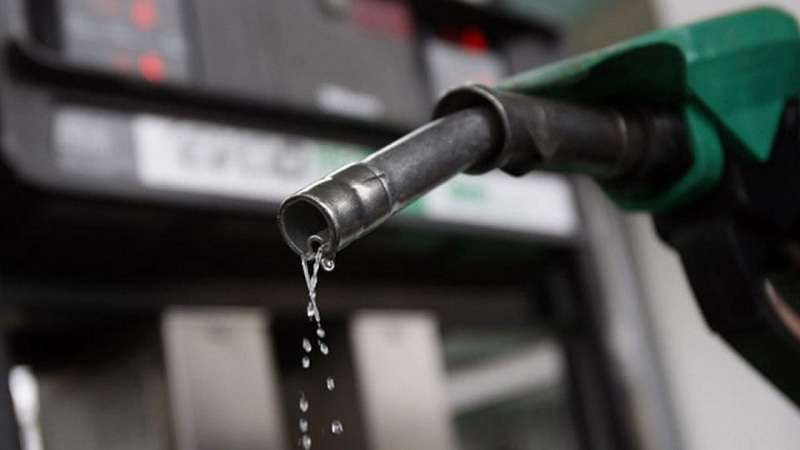Islamabad, June 20, 2025 – A storm is brewing in Pakistan’s Parliament as lawmakers in the Senate have strongly opposed the proposed carbon levy included in the Finance Bill 2025-26.
The contentious levy, which aims to impose a charge of Rs2.5 per litre on petroleum products from July 1, 2025, has been met with fierce criticism from members of the Senate Standing Committee on Finance and Revenue.
The government, under the terms of the International Monetary Fund’s (IMF) Resilience and Sustainability Facility (RSF) programme, had committed to gradually implementing a carbon levy of Rs5 per litre on petrol, diesel, and furnace oil over two years. However, the Senate committee, chaired by Senator Saleem Mandviwalla, voted against the measure, asserting that such a levy should not be introduced through a finance bill but rather as part of a separate legislative act or structured as a proper carbon tax.
According to the Federal Board of Revenue (FBR), the proposed carbon levy is expected to generate Rs45 billion in revenue in the upcoming fiscal year, with projections rising to Rs90 billion by 2026-27. However, committee members expressed concern over the absence of a detailed emissions reduction strategy and questioned the constitutional validity of introducing the levy through a finance bill.
Senator Sherry Rehman was particularly vocal in her dissent, stating, “There is a clear distinction between a carbon levy and a carbon tax. The former has no precedent in international law. What’s being proposed is a burden directly on consumers without a targeted emissions framework.” She added that true carbon taxation is generally applied to high-emitting industries, not directly to the public via fuel prices.
Senator Mohsin Aziz warned that the Supreme Court had already issued restraint orders in the Zafar Iqbal Jhagra case against the imposition of a carbon levy. “If this is implemented, it may lead to contempt of court,” he cautioned.
The Senate’s disapproval casts serious doubt on the future of the carbon levy, as it requires endorsement from both legislative houses. With mounting legal and political resistance, the government’s climate-linked fiscal tool now faces significant hurdles ahead of its planned implementation.
